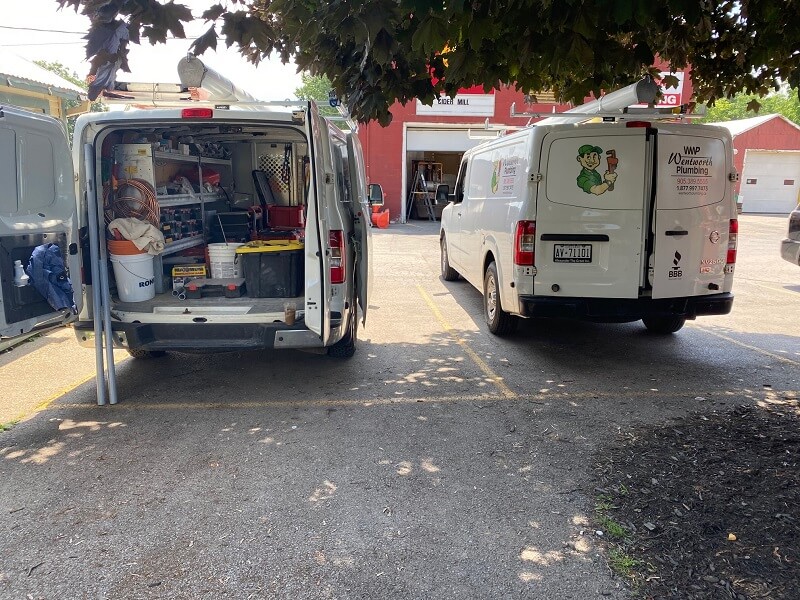When you’ve got a serious plumbing problem, you want it fixed – and as soon as possible. But depending on whether the problem is located in a home or business, the type of plumbing required changes. Below, we’ve outlined the three significant differences between residential and commercial plumbing.
Project Scope
The plumbing systems found in residential homes are much simpler than those found in many commercial buildings. This is because the daily usage is much greater in commercial buildings, leading to more extensive plumbing requirements – and more durable pipes and faucets.
Locating the plumbing problem source can also be more challenging in commercial buildings, especially large and complex ones. Although both homes and businesses have their share of plumbing problems that occur, plumbers who serve commercial buildings have a wider variety.
Plumbing Knowledge
Industrial-grade fixtures and pipes are commonly found in commercial buildings, which creates different tool and skillset requirements. For example, commercial plumbing could involve dealing with large boilers, massive septic systems, and lift stations, whereas residential plumbing is usually limited to water heaters, appliances, toilets, and drains.
Both residential and commercial plumbers share similar plumbing knowledge. However, the application of this knowledge varies depending on the size and function of the building.
Level of Risk of Damage
The severity of damages is also higher in commercial plumbing. A burst pipe is not a welcome sight anywhere but especially not in a commercial building, where it can be harder to locate, repair, and prevent further damage. Completing the repair at a convenient time can also be trickier and could involve closing the business until it’s resolved.
More frequent, thorough inspections are needed in commercial buildings where employees and customers create increased plumbing demand.
The building codes that determine standard plumbing procedures in homes and businesses also differ. If something isn’t up to code, the property owner is at risk of potential damage and can even be subject to possible fines. In particular, the food and beverage industry is subject to strict laws and codes, which plumbers need to adhere to.
Depending on the type of plumbing work required in a commercial or residential setting, different permits are required.
Choosing the Right Plumber
Both residential and commercial plumbers require similar levels of knowledge, expertise, and experience. To receive the best solution for your plumbing job, you need to choose a plumber experienced with your residential or commercial setting needs.
Check that the plumber you’re considering is licensed and up-to-date on all codes and requirements. Full-service providers can handle everything from inspections and diagnostics to cleaning and system maintenance, making it convenient to tackle any plumbing issue you have.
Our full-service team of Hamilton plumbers is experienced with both residential and commercial plumbing. For more information about the services we provide, reach out to us today.

